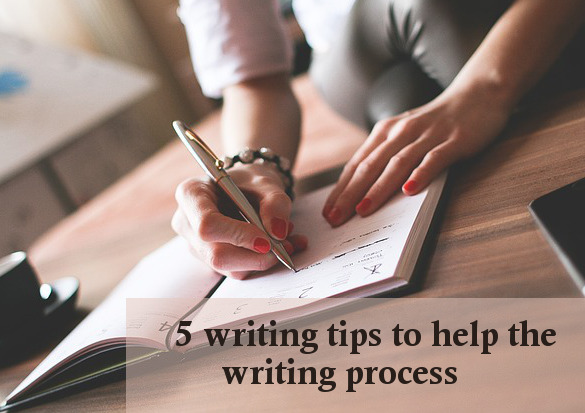Writing is daunting for even the most experienced of English students. Sure, you are interested in your topic and perhaps you even have some idea of how it should be organized, but how do you write it so that it gets that coveted A grade? These five easy tips will show you how to turn a mediocre English assignment into something that is insightful, unique, and, most importantly, convincing.
Five Easy Tips For Perfect Writing
1. Have an opinion!
Before you even start, you need to know what it is you are talking about. Your thesis (that is, your main idea) should be stated in the first paragraph, and it should be concise and direct. Avoid words like ‘maybe’ or ‘perhaps’ when stating your opinion. Think of yourself as a politician running for election. Your voters (in this case, your professors) want to hear a message that is strong and confident, not one that you may or may not believe in.
2. Focus!
Sure, you have lots of amazing and insightful opinions on Shakespeare, Moby Dick, Hemingway, or whatever it is you’ve decided to write about, but getting sidetracked by things that, while interesting, do nothing to support your thesis are only going to leave your reader confused. Here is a tip: after each paragraph, ask yourself whether what you have just written is relevant to your main idea. If it is not, get rid of it!
3. Every word has a story
Novelists and poets are craftsmen with words, and they will often use them not only because of what those words mean, but because of what they used to mean (i.e., their etymology). This is often done to enrich a poem/story by suggesting something beyond the literal meaning of the text. For example, if you want to know why a writer uses a word like ‘astonish’ rather than ‘amaze’ or ‘surprise’ then look up its etymology in a dictionary. You will find that the original definition meant, literally, to be struck by thunder. Ask yourself if there is anything else in the story or poem that suggests why the writer uses a word to suggest being struck by thunder. Chances are you will find something.
4. Don’t ignore your opponent
Often students tend to ignore an opinion that goes against their own in the false belief that its inclusion weakens their content. This is just plain wrong. If you’re not confronting an opposing belief head-on then your reader is going to assume it is because you are not sure your own words holds up against it. A good idea is to devote a paragraph (typically towards the end of your text) to potential disagreements and to deal with them head-on. Your essay will be stronger and more convincing for it.
5. Why does it matter?
So you’ve just written ten pages of stunningly crafted prose about Shakespeare. Good for you! Now why should anybody care? This is a question that you will need to address in your conclusion. It is not enough to say that you are simply interested in the topic; rather, you need to show why others should be interested, as well. Does your essay provide a new way of thinking about the poem/story? Does it increase our understanding of history, society, politics, etc.? Remember, if you do not think your words are important then neither will your reader. So make it matter!
Follow those five tips and you will be on your way to writing a great English paper and improving your academic career. And who knows? You may even learn something while you are at it.
Posted by
